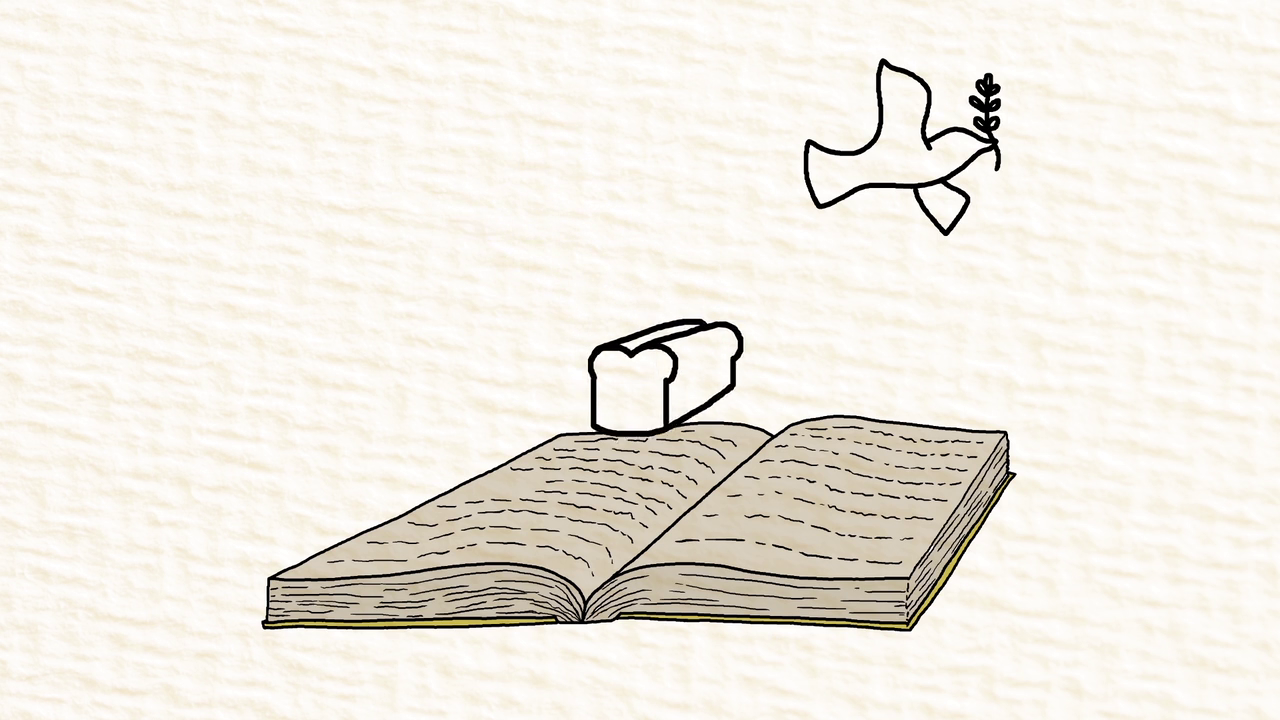Everyone must live in harmony with Nature if we want to keep global warming under 2 degree C. Our carbon emissions are quickly approaching the maximum allowed by the 2 degree target, and people in rich countries must stop living beyond the earth’s resources. Rich countries need to reduce consumption to meet the goal set by the Paris Climate Accords of 2.1 tCO2e (tons of carbon) per person per year by 2050. The task for the United States with 16.4 tCO2 is much greater than for the European Union with 6.7 tCO2.
Living in harmony with Nature involves changing our daily habits, and caring about the environment. In particular, we must stop driving gasoline-powered car, stop eating beef and eat a mostly plant-based diet, use clean energy for our electricity to run our homes, and stop throwing anything into landfills (reuse, compost, recycle, buy less). These changes will be a large start in reducing our greenhouse gas emissions, and in becoming more in tune with our environment. We will stop focusing on materialistic lifestyle, and our lifestyles will focus on the relationships, creative activities, and experiences that are important to us.
As our governments provide clean energy for electricity and mandate electric vehicles, as cities increase the density of housing and land use to reduce commuting and driving, as restrictions on livestock reduce beef consumption, more natural options will become the new norms. Lavish consumption will seem as crazy as it is, as people become healthier and happier with natural living.
In our daily activities, people tend to “over clean”, using toxic chemicals to clean the house and laundry, using pesticides in the garden, using antibiotic soap that are harmful. Our homes should be clean, but not sterile. Our garden should support all types of creatures as well as native plants. We can have fun vacations without getting on airplanes. We carefully use water, and reuse water for washing and for watering.
Once we are living in harmony with nature, conserving resources and caring for the environment becomes a way of life. For example, we sleep our laptop when we take a break, pick up litter when we go for a walk, buy veggies at the local farmers market, take public transit or bike instead of driving, and grab a jacket or blanket when we are chilly rather than turning up the heat. Often these activities are a time for reflection and appreciating nature as well. Taking out “gray water” from the shower and the kitchen sink to water plants outside my door provides a time for me to enjoy the beauty around me and to connect to Mother Earth, who sustains us all.
In my daily life, Buddhist economics guides me to be mindful with the saying Don’t have a cow! This translates literally to Don’t eat beef (or lamb), and figuratively, Relax.
As Thich Nhat Hanh writes, “Caring about the environment is not an obligation, but a matter of personal and collective happiness and survival. We will survive and thrive together with our Mother Earth, or we will not survive at all.”
